
Juliane "Liane" Haid was an Austrian actress and singer. She has often been referred to as Austria's first movie star.
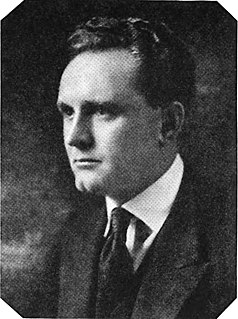
Frank Borzage was an Academy Award-winning American film director and actor, known for directing 7th Heaven (1927), Street Angel (1928), Bad Girl (1931), A Farewell to Arms (1932), Man's Castle (1933), History Is Made at Night (1937), The Mortal Storm (1940) and Moonrise (1948).
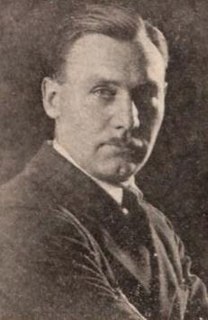
Alan Crosland was an American stage actor and film director. He is noted for having directed the first film using spoken dialogue, The Jazz Singer (1927).

Robert Wiene was a film director of the silent era of German cinema. He is particularly known for directing the German silent film The Cabinet of Dr. Caligari and a succession of other expressionist films. Wiene also directed a variety of other films of varying styles and genres. Following the Nazi rise to power in Germany, Wiene, who was of Jewish descent, fled into exile.

Richard Oswald was an Austrian director, producer, screenwriter, and father of German-American film director Gerd Oswald.

Werner Johannes Krauss was a German stage and film actor. Krauss dominated the German stage of the early 20th century. However, his participation in the antisemitic propaganda film Jud Süß and his collaboration with the Nazis made him a controversial figure.
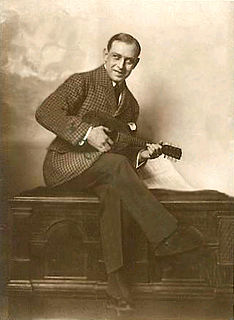
Frederic Zelnik was an Austrian producer, director, and actor. He was one of the most important producers-directors of the German silent cinema. Zelnik achieved success through period operetta films in the 1920s and 1930s.

Agnes Herring was an American actress. She appeared in more than 100 films between 1915 and 1939.
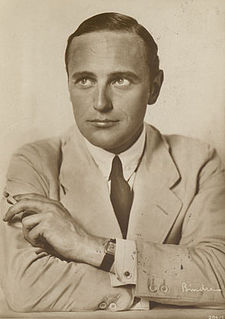
Harry Liedtke was a German film actor.

Frieda Ulricke "Henny" Porten was a German actress and film producer of the silent era, and Germany's first major film star. She appeared in more than 170 films between 1906 and 1955.

Ellen Richter was an Austrian-Jewish film actress of the silent era. She was married to Willi Wolff, who directed many of her films. Ellen Richter composed her own production company to create her films. She worked primarily in Germany and was one of the foremost actresses of Weimar cinema.
Max Glass was an Austrian screenwriter, film director, and producer.

Anton Ernst Rückert was a German stage and film actor.

Rudolf Biebrach was a German actor and film director. He directed over 70 films between 1909 and 1930; and he appeared as an actor in nearly 110 films between 1909 and 1938. In his youth, Biebrach had worked for some years as an engraver. He got his first engagement as an actor in Gießen during 1890/1891. After a long career as a stage actor, Biebrach managed to become a successful director and character actor in the German film during the 1910s. He directed many films with Henny Porten and Lotte Neumann.
Hermann Picha was a German stage and film actor. Picha was extremely prolific, appearing in over 300 short and feature films during the silent and early sound eras. Picha played a mixture of lead and supporting roles during his career. He played the title role in the 1920 film Wibbel the Tailor, directed by Manfred Noa. He appeared in Fritz Lang's Destiny.
Semi-Silk is a 1925 German silent film directed by Richard Oswald and starring Bernd Aldor, Mary Parker and Valeska Stock.
Count Cohn is a 1923 German silent film directed by Carl Boese and starring Hermann Vallentin, Frida Richard and Bernd Aldor.
Let There Be Light is a 1917 German silent drama film directed by Richard Oswald and starring Bernd Aldor, Hugo Flink and Nelly Lagarst. It was followed by three sequels. The film was a protest against Germany's anti-abortion law, and also touched on the dangers of syphilis. It is a lost film.
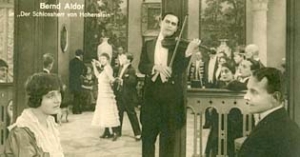
The Lord of Hohenstein is a 1917 German silent drama film directed by Richard Oswald and starring Bernd Aldor, Rita Clermont and Lupu Pick.
Mizzi Griebl was an Austrian stage and film actress. She appeared in a number of supporting roles during the silent and early sound era.















